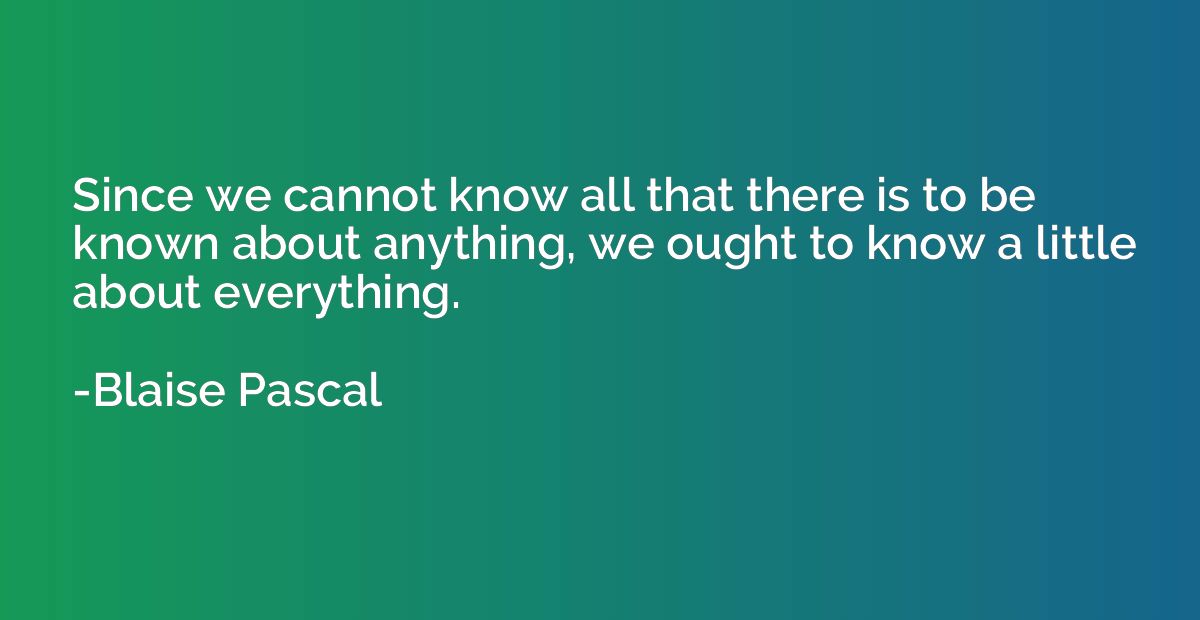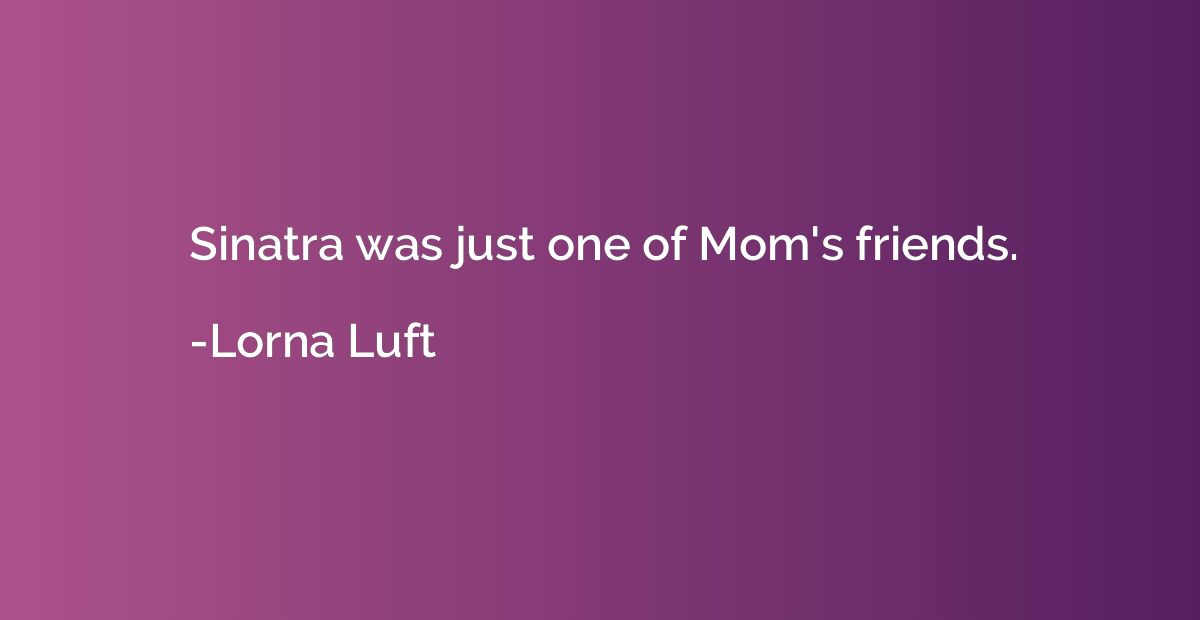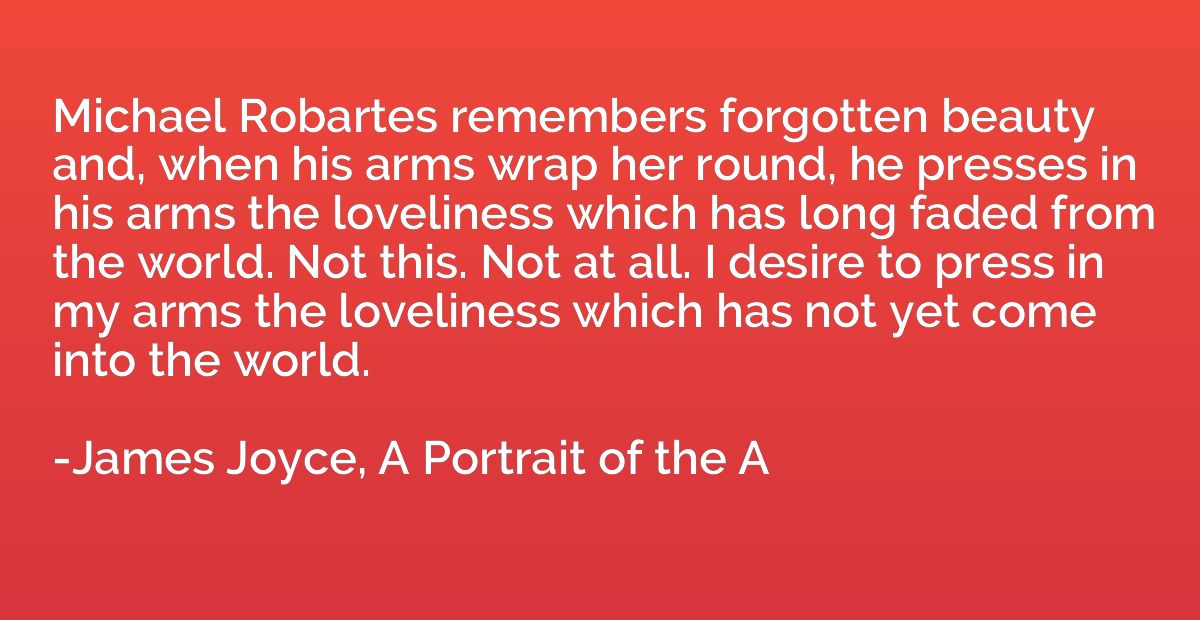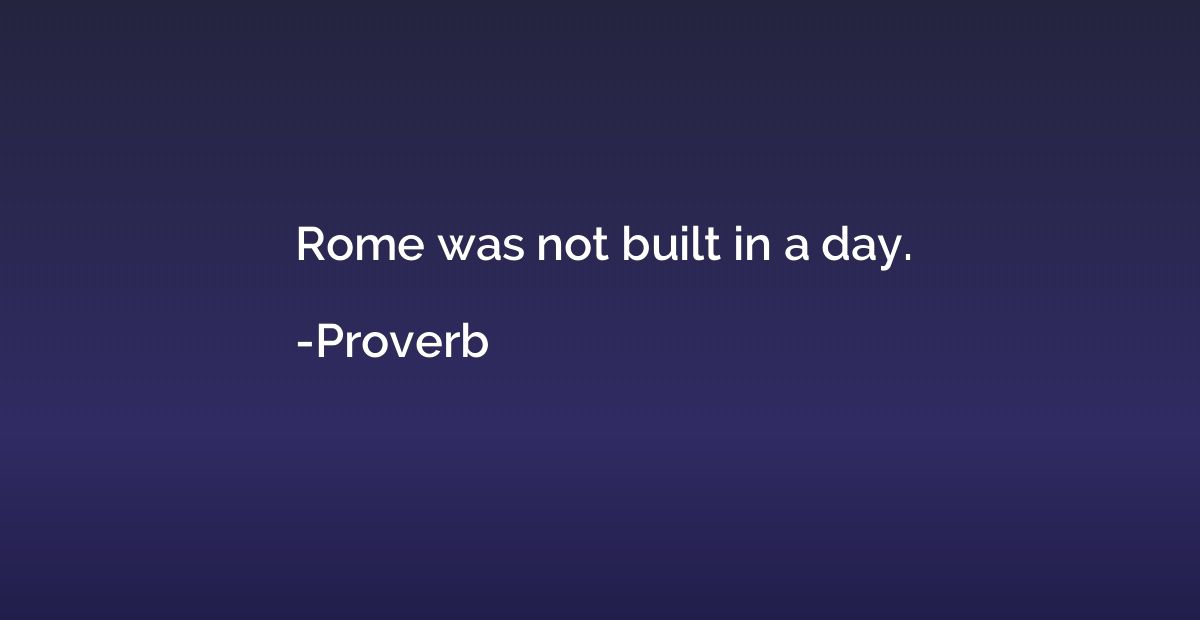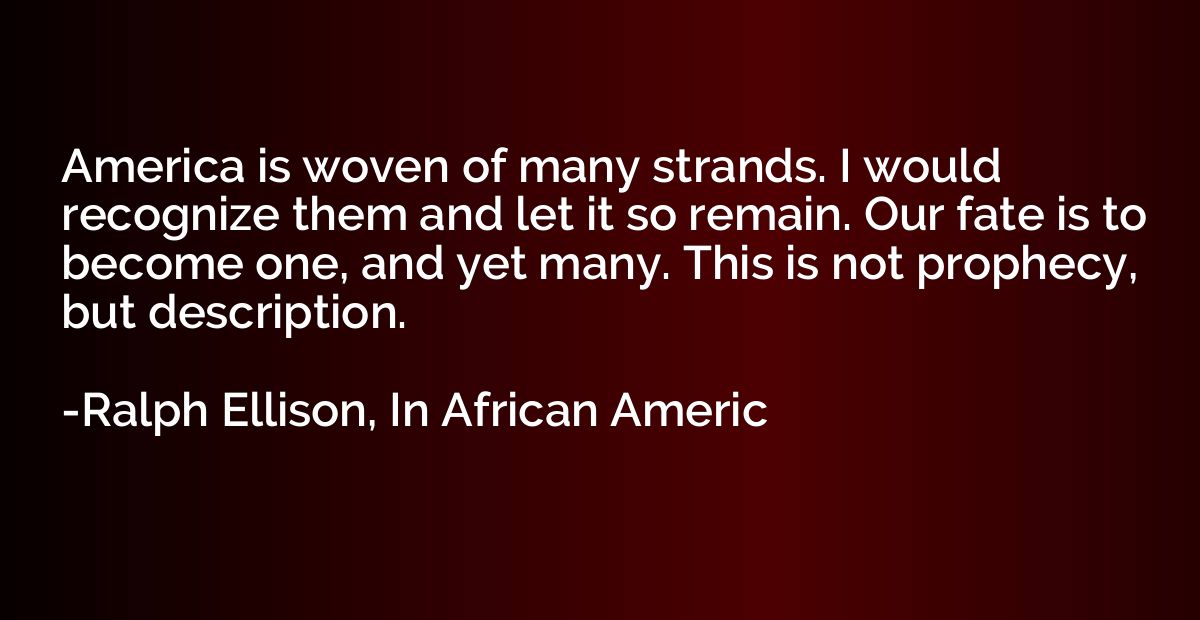Quote by George Orwell
Don't you see that the whole aim of Newspeak is to narrow the range of thought? In the end we shall make thought-crime literally impossible, because there will be no words in which to express it. Every concept that can ever be needed will be expressed by eactly one word, with its meaning rigidly defined and all its subsidiary meanings rubbed out and forgotten. . . . The process will still be continuing long after you and I are dead. Every year fewer and fewer words, and the range of consciousness always a little smaller. Even now, of course, there's no reason or excuse for commiting thought-crime. It's merely a question of self-discipline, reality-control. But in the end there won't be any need even for that. . . . Has it ever occcured to you, Winston, that by the year 2050, at the very latest, not a single human being will be alive who could understand such a conversation as we are having now?
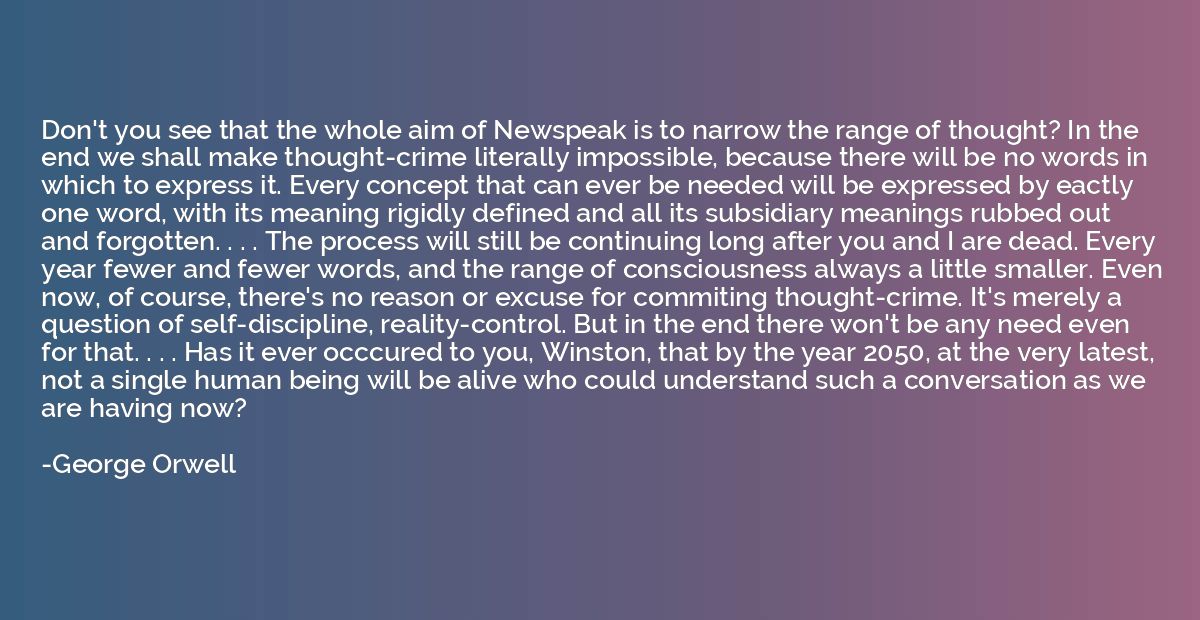
Summary
This quote from George Orwell's novel, 1984, emphasizes the true intention behind Newspeak - a language designed to limit individual thought. By simplifying language and eliminating the complexity of expression, the Party aims to control and manipulate people's minds. In a future dominated by Newspeak, thoughts that defy Party ideology will be eradicated since there will be no words available for their expression. Orwell suggests that with the ongoing implementation of Newspeak, human consciousness will gradually shrink. Ultimately, the Party will achieve total control, eradicating independent thinking and ensuring complete conformity. In this grim future, the ability to comprehend meaningful conversations will become unfathomable to future generations.




